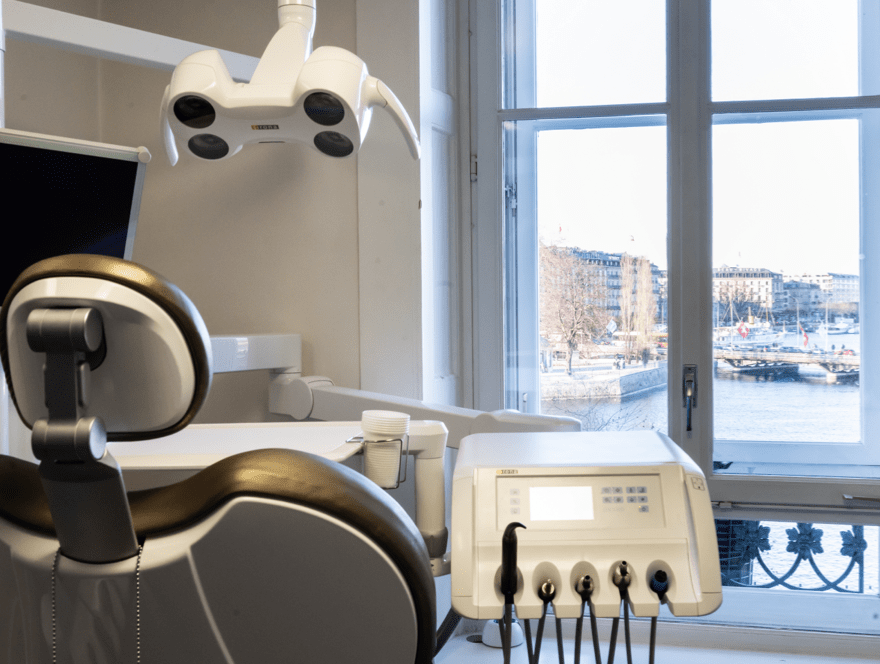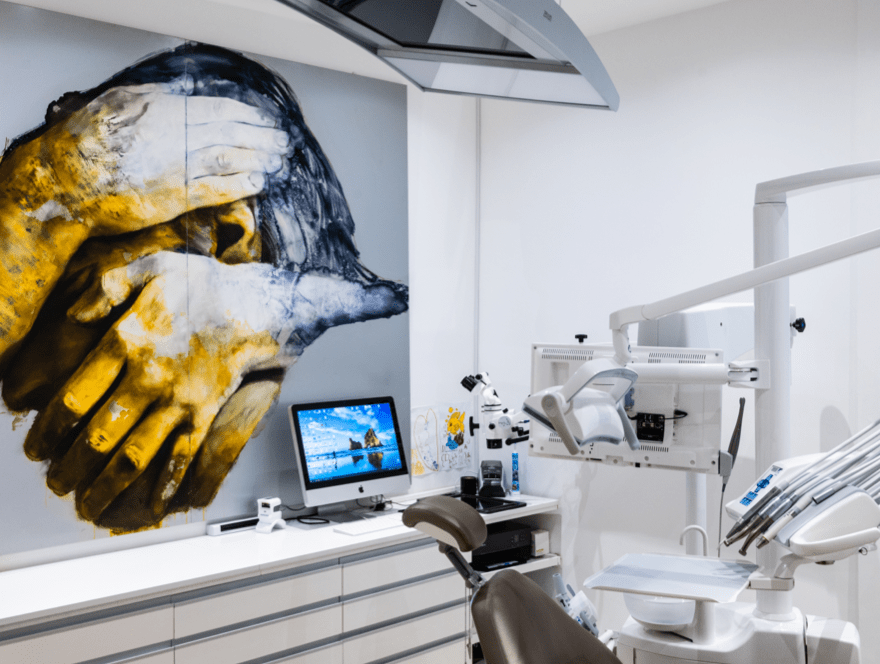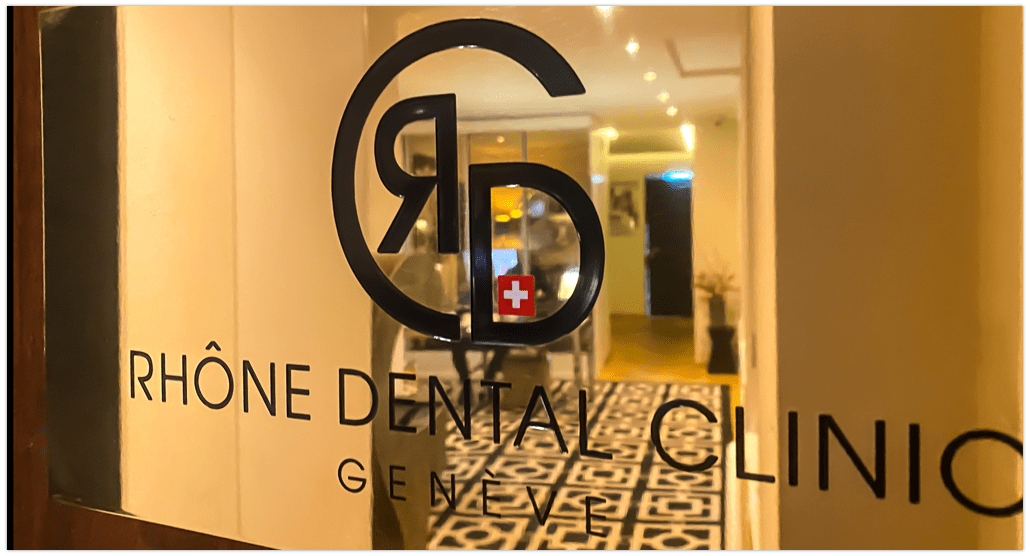Dentophobia
What is dentophobia?
Far from being an isolated case, almost 70% of the population say they feel apprehensive about going to the dentist.
However, for some people, this simple concern can turn into a real anxiety, or even a phobia, at the mere thought of making an appointment and getting treatment.
Are you afraid of the dentist?
Assess your anxiety level by filling in the form below.
Factors and consequences of dentophobia
Refusal to undergo dental treatment, sometimes for several years, can have dramatic consequences not only on dental hygiene (bacterial plaque, proliferation of cavities, bad breath, etc.), but also on general physical condition and psychological health (feelings of shame, guilt, social exclusion, loss of self-esteem, etc.).
However, the more the suffering of toothache intensifies, the more the dentophobe fears and postpones the consultation which nevertheless becomes inevitable…
Certain factors favour or even aggravate this disorder: a predisposition to anxiety in general, a state of stress, other existing phobias, psychological illnesses (such as depression), as well as the consumption of alcohol and drugs (64% of dentophobic patients are smokers).
Traumatic experiences in the past or tragic stories told by family and friends are sometimes the cause of oral phobia. But most of the time it is an irrational and unfounded anxiety, except for various fears such as: the fear of pain, the fear of the injection, or the fear of losing control of oneself and feeling at the mercy of an unknown third party.
Insomnia on the nights before the appointment, heart palpitations, dry mouth, trembling, excessive sweating, nausea… are among the many symptoms of dentophobia.
Through his words and gestures, the behaviour of the dentist plays a major role in the care of the phobic patient. From diagnosis to treatment, he must use his medical knowledge and technical skills as much as his human qualities of attention, patience and empathy.
Support for the phobic patient at the Rhône Dental Clinic
Our team of experienced professionals, trained in the care of patients suffering from anxiety disorders, brings you all its know-how and its know-how. Aware that they touch an intimate part of the person through the oral cavity, our practitioners attach great importance to favouring the gentlest and least invasive care and treatment possible.
We pay particular attention to establishing a relationship of respect and trust with our patients – based on competence, quality, dialogue and honesty – so that they can feel listened to, understood and soothed.
The interior design and decoration of our clinic have also been designed and implemented with the aim of reducing sensory stimuli and impressions that could trigger or amplify the anxiety of susceptible patients (noise of instruments, chemical odours, sight of white coats and equipment). In fact, at the Rhône Dental Clinic, your first consultation does not take place in the treatment room, but in a pleasant and neutral room, without any medical equipment. The objective being above all to welcome and meet the patient, no treatment is performed during this consultation. Only a panoramic X-ray (OPT) is usually performed in order to make an accurate diagnosis of the patient’s oral condition.

The therapeutic solutions offered at the Rhône Dental Clinic
Our multidisciplinary team’s support for the dentophobe patient is primarily aimed at oral hygiene. Thanks to the multiple sedation protocols offered by our clinic, we can adapt the priority of care to the speed of its execution.
Rhône Dental Clinic has two qualified anaesthetists working in various clinics in the canton of Geneva.
These professionals are experienced in pain management and are able to guide the patient towards the most appropriate sedation protocol, depending on the nature and duration of the treatment to be performed, the degree of anxiety and the patient’s history.
In parallel to the sedation protocols, Rhône Dental Clinic can, at the patient’s request, involve a qualified hypnotherapist, Mrs. Maude Favre.




